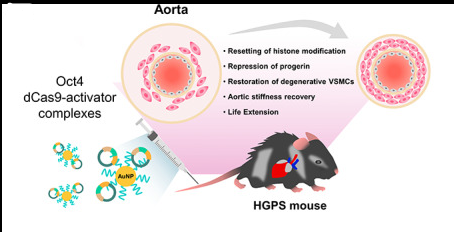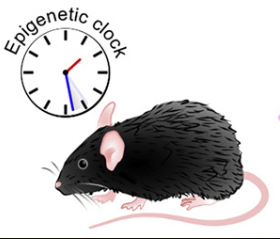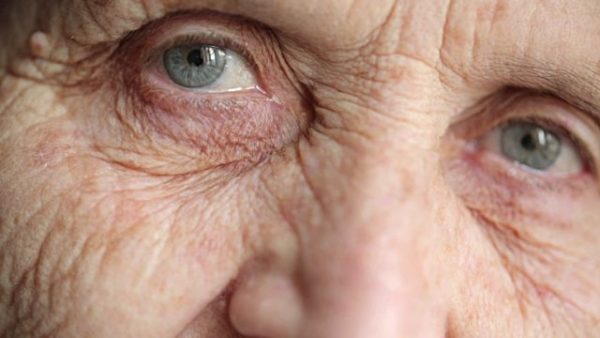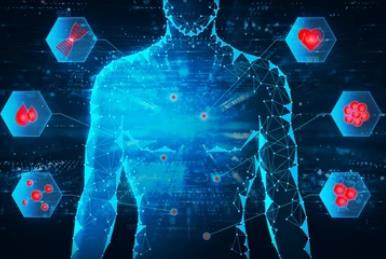As cells age, they experience aging, a state where they stop growing but continue to release inflammatory and tissue-degrading molecules. When a person is young, the immune system will respond by eliminating aging cells, commonly known as “zombie cells”. However, zombie cells will continue to exist and lead to a series of age-related health problems and diseases. In a new study, researchers from the Mayo Clinic in the United…
Aging
By Activating Oct4, Premature Aging Mouse Cells Can Recover Their Vitality

Aging seems to be an irresistible natural law, and at the same time, how to “fight aging and achieve immortality” has become an eternal research topic. Nowadays, thanks to the rapid development of biotechnology, research on anti-aging has become increasingly popular. In 2006, the team of Shinya Yamanaka of Kyoto University in Japan first reported related research on induced pluripotent stem cells (iPSC). They found that by introducing four…
Restoring lost epigenetic information can make aging mammals rejuvenate

An international study lasting for 13 years has shown for the first time that the degradation of the way DNA is assembled and regulated – the so-called epigenetics – can drive the aging of organisms, and has nothing to do with the change of the genetic code itself. This study shows that the destruction of epigenetic information leads to the aging of mice, and the restoration of the integrity of…
Key Proteins to Fight Aging Found

In the face of current demographic changes, aging is a serious public health problem: by 2050, the proportion of the global population aged 60 years and over will almost double. Recently, researchers in the Department of Development and Stem Cell Biology of the Pasteur Institute have identified key proteins related to aging and clarified the mechanism of aging, which may help to delay the aging process in humans. Currently,…
New Pathway Links Epigenetics And Aging Was Found
It has been widely acknowledged for nearly ten years that epigenetic marks change as cells age. For instance, Sir2, which is implicated in the association between calorie restriction and lifespan, is known to affect metabolic pathways and alter the acetyl marks on histones. While, in the latest study, scientists have found another pathways that links epigenetic and aging-H3K36 methylation and it decreases as yeast and worm cells age. “This…
